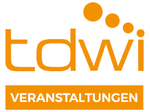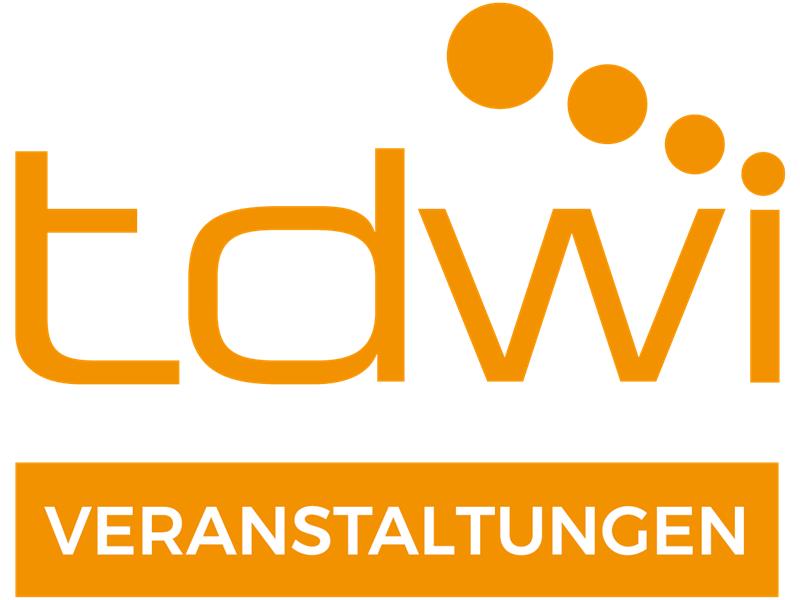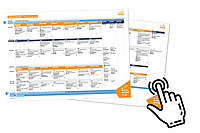
Die im Konferenzprogramm der TDWI München 2022 angegebenen Uhrzeiten entsprechen der Central European Time (CET).
Per Klick auf "VORTRAG MERKEN" innerhalb der Vortragsbeschreibungen können Sie sich Ihren eigenen Zeitplan zusammenstellen. Sie können diesen über das Symbol in der rechten oberen Ecke jederzeit einsehen.
Hier können Sie die Programmübersicht der TDWI München 2022 mit einem Klick als PDF herunterladen.
ROOM K3 | Data Lakehouse: Marketing Hype or New Architecture?
The data lakehouse is the new popular data architecture. In a nutshell, the data lakehouse is a combination of a data warehouse and a data lake. It makes a lot of sense to combine them, because they are sharing the same data and similar logic. This session discusses all aspects of data warehouses and data lakes, including data quality, data governance, auditability, performance, historic data, and data integration, to determine if the data lakehouse is a marketing hype or whether this is really a valuable and realistic new data architecture.
Target Audience: Data architects, enterprise architects, solutions architects, IT architects, data warehouse designers, analysts, chief data officers, technology planners, IT consultants, IT strategists
Prerequisites: General knowledge of databases, data warehousing and BI
Level: Basic
Extended Abstract:
The data lakehouse is the new kid on the block in the world of data architectures. In a nutshell, the data lakehouse is a combination of a data warehouse and a data lake. In other words, this architecture is developed to support a typical data warehouse workload plus a data lake workload. It holds structured, semi-structured and unstructured data. Technically, in a data lake house the data is stored in files that can be accessed by any type of tool and database server. The data is not kept hostage by a specific database server. SQL engines are also able to access that data efficiently for more traditional business intelligence workloads. And data scientists can create their descriptive and prescriptive models directly on the data.
It makes a lot of sense to combine these two worlds, because they are sharing the same data and they are sharing logic. But is this really possible? Or is this all too good to be true? This session discusses all aspects of data warehouses and data lakes, including data quality, data governance, auditability, performance, immutability, historic data, and data integration, to determine if the data lakehouse is a marketing hype or whether this is really a valuable and realistic new data architecture.
Industry analyst
Rick van der Lans is a highly-respected independent analyst, consultant, author, and internationally acclaimed lecturer specializing in data architectures, data warehousing, business intelligence, big data, and database technology. He has presented countless seminars, webinars, and keynotes at industry-leading conferences. He assists clients worldwide with designing new data architectures. In 2018 he was selected the sixth most influential BI analyst worldwide by onalytica.com.



